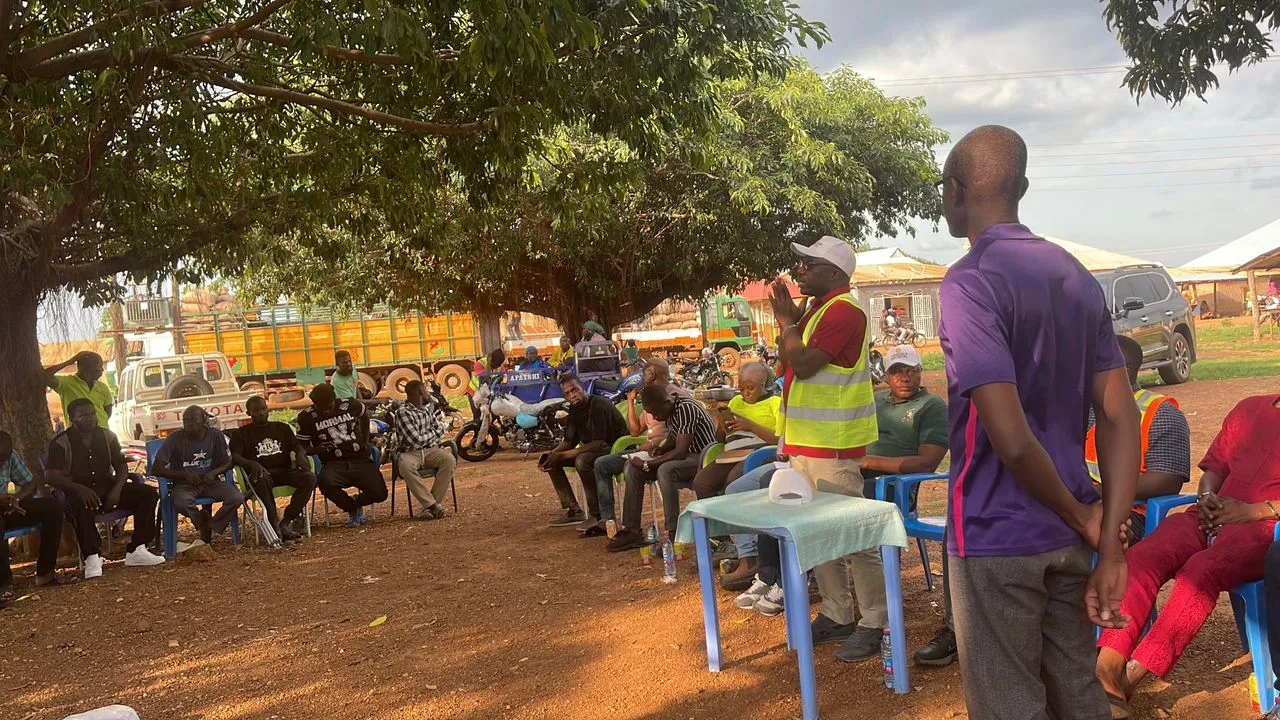By Megan Kenyon
Copyright newstatesman

A very public spat between Independent MPs Zarah Sultana and Adnan Hussain is giving those involved in the new left-wing party, “Your Party”, cause for concern. Outwardly, this is a fight over trans rights. But deeper issues relating to the design and leadership of this new movement are whirling underneath. Some involved have begun to question whether this split could prove fatal.
The fight began in earnest when Hussain shared his views on trans rights earlier in September. The MP for Blackburn said in a post on X that he believed “women’s rights and safe spaces should not be encroached upon” but rather “safe third spaces should be an alternative option”. He added that trans women are “not biologically women, hence trans women”. These comments provoked much disquiet among progressive members of the party, who see his socially conservative position as incompatible with the views and beliefs they feel Your Party (the name is yet to be finalised) should hold.
Sultana stood with them, telling me earlier this month: “This is a progressive, socialist party… my job as a parliamentarian first and foremost, as well as someone who is part of Your Party, is to speak up for the most marginalised voices…and that includes trans people”. “Anyone who feels like they can’t subscribe to… these principles, then [Your Party] might not be for them,” she added. Her criticism of Hussain, though implicit, has been far more vociferous in her posts on social media. “Trans rights are human rights. Your Party will defend them – no ifs, no buts,” she said.
Although trans rights are the battle ground of this fight, the disagreement between Hussain and Sultana cuts far deeper than their stance on a single issue. Sultana has been open in her belief that the new party’s founding conference should not be MP-led. But so far, much of the new party’s organisation has centred around the Independent Alliance group of MPs in Parliament, of which Corbyn, Hussain and Sultana are all members. Is Sultana attempting to disempower the alliance? Whatever the case, her comments have clearly not gone down well with pre-existing members of the Independent Alliance, which Sultana joined in July after defecting from Labour.
Hussain, and others within the group, saw Sultana’s decision to announce the founding of a new left-wing party without sign-off from Corbyn as an attempt to bypass their parliamentary group and promote her own interests. This public spat is, therefore, more about these underlying resentments than the issue of trans rights. One insider put it to me: “This whole debate about trans rights is because people are taking sides about abstract, rather than concrete, issues.”
But things are getting serious. Other senior figures on the fringes have begun to pick sides – the split is deepening. Laura Pidcock, the former Labour MP for North West Durham, who was in Corbyn’s shadow cabinet, said on Sunday, “The idea that there won’t be social conservatism in a movement which is aiming to be a mass movement is a fallacy.”
Others have backed Sultana’s zero tolerance approach. One insider speculated that the logical conclusion of this argument could be to bring a trans solidarity motion at the party’s founding conference (currently expected in November). This could divide not only the party’s potential membership – which includes the progressive left and a large part of the Muslim voters who turned against Labour last July – but its leadership in parliament. “That would be a disaster,” the insider said. Many within the movement hope Hussain and Sultana do the “responsible thing” and stop these tensions from developing further. Corbyn has so far remained silent on this issue, but its clear those around him are concerned about the damage this divide could do to the party’s chances.
If it continues, such a public argument does not bode well for this left-wing movement. Left-behind progressive voters are longing for new political home, and if those involved in Your Party don’t tread carefully, it could lead to further alienation and division rendering the project useless electorally. Zack Polanski’s Greens could be the primary beneficiaries. On Monday evening (15 September), the most concrete update on the party’s founding processes was announced: later this month, deliberative assemblies designed to develop policy will begin across the country and voting will open in October to finally decide the party’s name (some insiders have suggested that, after all that, members might just end up sticking with Your Party). Those involved in this fledgling movement will need to get a handle on this split before the party’s inaugural conference, but they’ll have to act quickly. November is only a few weeks away.
[See also: Zarah Sultana: “Labour is dead”]



